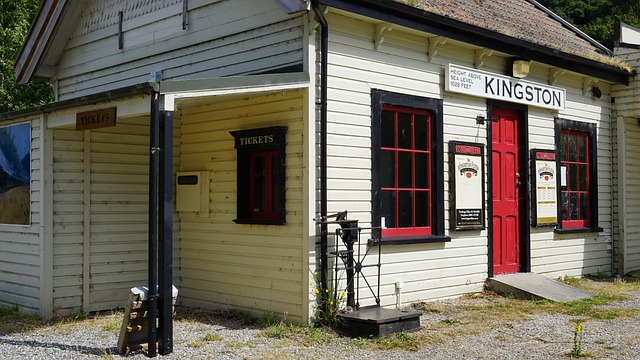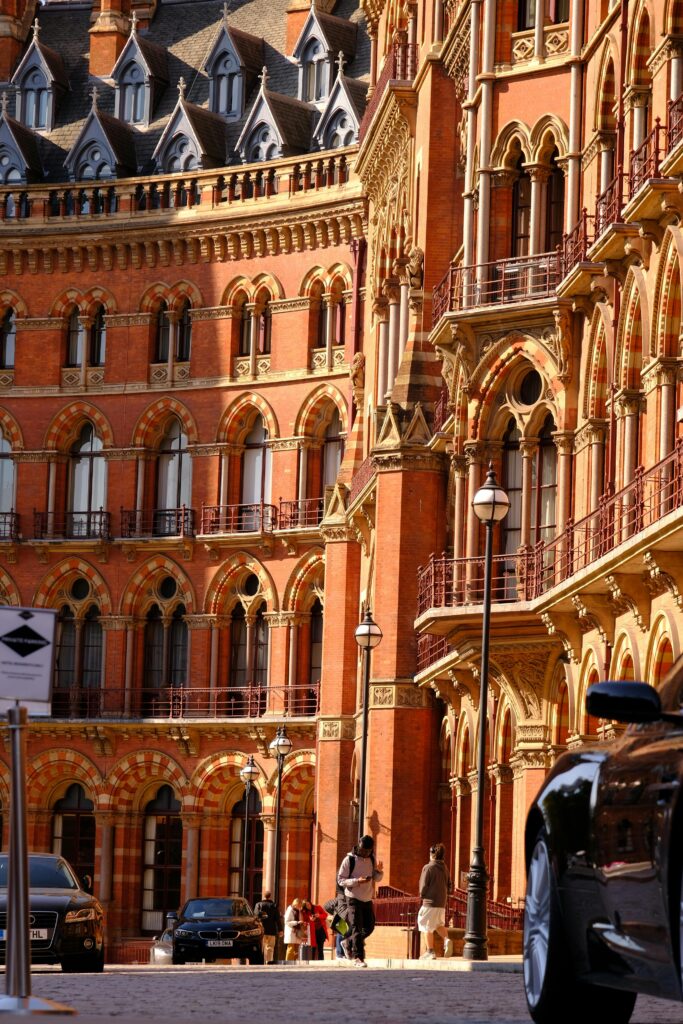Kingston upon Hull, commonly known as Hull, is a city in East Yorkshire, England, that often flies under the radar. While it may not be as globally renowned as London or Manchester, Hull is a city brimming with history, culture, and unique quirks that make it a fascinating place to explore. From its maritime heritage to its contributions to social justice, Hull has a story to tell. Here are 10 things you probably didn’t know about this underrated gem of a city.



1. Hull Was Almost Named “Wyke”
Before it became Kingston upon Hull, the city was a small fishing village known as Wyke. In 1293, King Edward I purchased the town and renamed it “Kingston upon Hull” to reflect its royal ownership and its strategic location on the River Hull. The name “Hull” itself is derived from the river, which has been a vital part of the city’s identity for centuries.
The transformation from Wyke to Hull marked the beginning of the city’s rise as a significant port and trading hub. Its location on the Humber Estuary made it an ideal spot for maritime commerce, and the city quickly grew in importance. Today, the name “Wyke” is still remembered in local history, but “Hull” has become synonymous with the city’s unique character and resilience.
2. Hull is the Birthplace of the Deep-Freeze Method
One of Hull’s lesser-known contributions to the world is its role in the development of the deep freeze method for preserving food. In the 1930s, Clarence Birdseye, an American inventor, worked with Hull-based company Bird’s Eye to pioneer frozen food technology. The city’s fishing industry provided the perfect testing ground for this innovation, as it allowed fish to be preserved and transported without spoiling.
This breakthrough revolutionized the food industry and changed the way people around the world consumed and stored food. Today, frozen food is a staple in households globally, and it all started in Hull.
3. Hull Has Its Own Unique Dialect and Slang
Hull is known for its distinctive dialect, which is often referred to as “Hullish” or “Hull English.” The city’s slang and pronunciation are so unique that they can be baffling to outsiders. For example, Hullensians (residents of Hull) often replace the word “the” with “t” or “t’,” saying things like “I’m going to shop.”
Some classic Hull slang words include:
- Gambling: Walking awkwardly or with difficulty.
- Skit: To tease or mock someone.
- Tenfoot: An alleyway or passage between houses.
The dialect is a source of pride for locals and adds to the city’s charm. It’s a living reminder of Hull’s working-class roots and its strong sense of community.
4. Hull Played a Pivotal Role in the Abolition of Slavery
Hull is the birthplace of William Wilberforce, one of the most influential figures in the abolition of the transatlantic slave trade. Wilberforce was born in the city in 1759 and spent much of his early life here. His passion for social justice was shaped by his upbringing in Hull, and he went on to become a leading voice in the British Parliament against slavery.
The Wilberforce House Museum, located in Hull, is dedicated to his life and legacy. It’s a must-visit for anyone interested in learning more about the city’s role in this historic movement. Wilberforce’s efforts eventually led to the passing of the Slave Trade Act in 1807, which abolished the slave trade in the British Empire.
5. Hull Was the Most Bombed City in the UK During World War II
Despite being far from London, Hull suffered heavily during World War II. Due to its strategic importance as a port city, it became a prime target for German bombing raids. Over 95% of the city’s homes were damaged or destroyed, and more than 1,200 people lost their lives.
What’s remarkable is how Hull rebuilt itself after the war. The city’s resilience and determination to recover are a testament to the spirit of its people. Today, you can still see remnants of the war in some of the city’s architecture, but Hull has largely transformed into a modern, vibrant urban center.
6. Hull is Home to the World’s Smallest Window
One of Hull’s most quirky attractions is the world’s smallest window, located on Land of Green Ginger, a historic street in the city center. The window is just a few inches wide and is said to have been used by merchants to inspect goods without opening their doors.
While the window’s origins are shrouded in mystery, it has become a beloved symbol of Hull’s eccentricity. Visitors often stop by to snap a photo of this tiny but iconic feature.
7. Hull Has a Rich Maritime Heritage
As a port city, Hull’s history is deeply intertwined with the sea. It was once one of the busiest ports in England, handling goods such as wool, timber, and fish. The city’s maritime heritage is celebrated at the Hull Maritime Museum, which houses an impressive collection of artifacts, including ship models, paintings, and navigational instruments.
Hull’s connection to the sea also extends to its fishing industry. At its peak, the city was the largest fishing port in the UK, and its trawlers ventured as far as Iceland and Greenland. Although the industry has declined in recent decades, its legacy lives on in the city’s culture and traditions.
8. Hull is a City of Firsts
Hull has a long history of innovation and has been the site of several “firsts.” For example:
- Hull was the first city in the UK to have a municipal telephone system.
- It was home to the first-ever public lending library in Britain, established in 1656.
- The city’s Guildhall was the first building in the UK to be lit by electricity.
These achievements reflect Hull’s forward-thinking attitude and its commitment to progress.
9. Hull is a UNESCO City of Culture
In 2017, Hull was named the UK City of Culture, a title that brought national and international attention to the city. The year-long celebration showcased Hull’s vibrant arts scene, with events ranging from music festivals to art installations.
The City of Culture designation was a turning point for Hull, helping to revitalize its image and boost tourism. It also highlighted the city’s creative spirit and its ability to reinvent itself.
10. Hull is a Haven for Nature Lovers
Despite being a bustling urban center, Hull is surrounded by stunning natural landscapes. The Humber Estuary, which borders the city, is a haven for wildlife and a designated Site of Special Scientific Interest (SSSI). Birdwatchers flock to the area to spot species such as avocets, marsh harriers, and seals.
The city is also close to the Yorkshire Wolds, a range of rolling hills and valleys that offer breathtaking views and excellent hiking opportunities. For those who love the outdoors, Hull is the perfect base for exploring some of England’s most beautiful countryside.
Conclusion
Kingston upon Hull is a city that defies expectations. From its rich history and cultural contributions to its quirky charm and natural beauty, Hull has something for everyone. Whether you’re a history buff, a foodie, or an art enthusiast, you’ll find plenty to love about this underrated gem.
Thanks for joining me on this journey!
I’d love to hear your thoughts—feel free to share them in the comments below!
Abdelilah Hamma
Follow me on Instagram for more travel inspiration!
March 20, 2025
